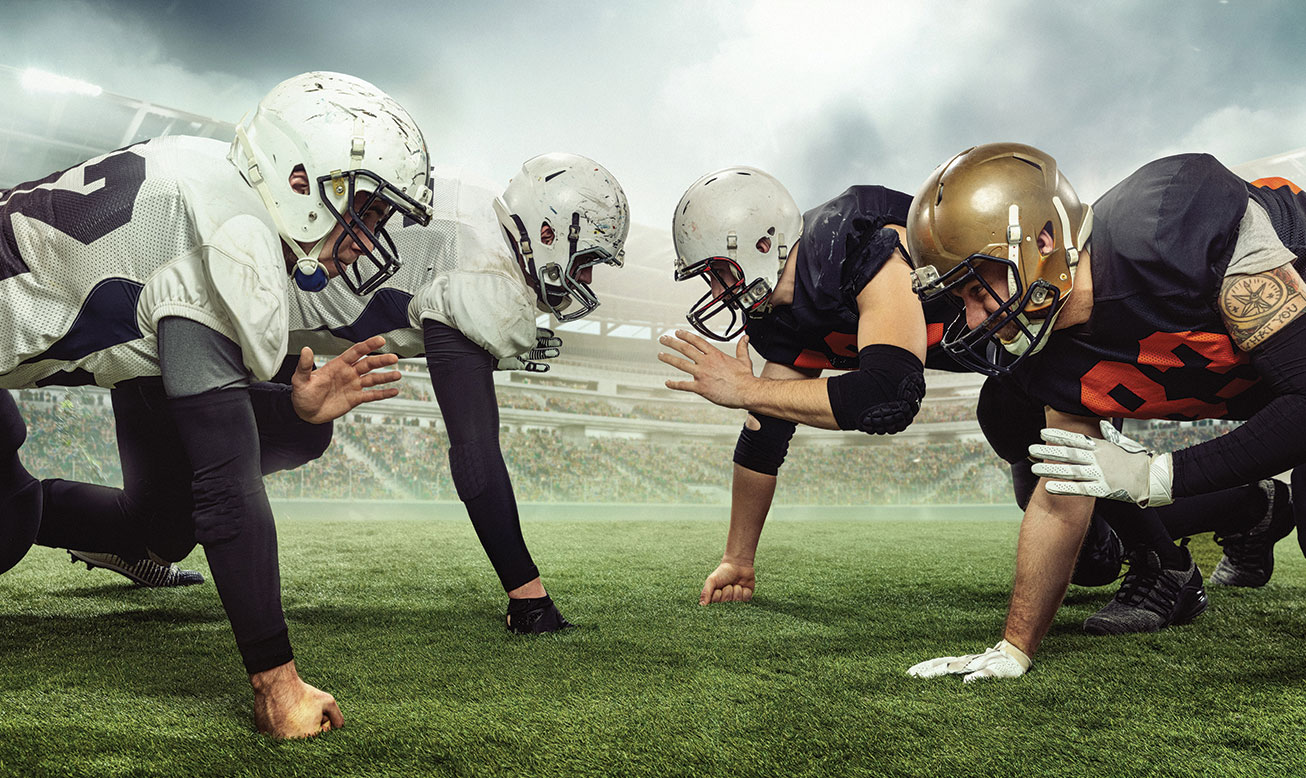September 21, 2025
The Role of Sport Logistics in Events
Every memorable sporting event, from a local youth championship to a high-profile professional match, relies on far more than athletes’ performance. Behind the scenes, sports logistics makes the difference between a seamless experience and a disrupted one. The smooth arrival of teams, the secure handling of gear, and the timely setup of venues all depend on detailed planning and reliable transportation networks.
At Last Mile Logistics, as a non-asset-based carrier specializing in the B2B sector, our perspective centers on flexibility, partnerships, and expertise. We do not rely on owning fleets or warehouses; instead, we leverage a vetted network of approved providers and apply strict standards of loss prevention to ensure nothing falls through the cracks. For organizations hosting large or small events, this model offers efficiency, adaptability, and peace of mind.

Why Logistics in Sports Events Matters
Organizing a competition is not only about the rules of the game; it is also about the spirit of the competition. It is about ensuring that every detail is prepared, from uniforms to medical kits. Logistics in sports events covers this entire framework. It includes:
- Transportation of players, staff, and equipment.
- Warehousing and inventory control for uniforms, tools, and promotional items.
- Scheduling and coordination with venues, hotels, and local authorities.
- Compliance with regulations, such as customs for international games.
When handled properly, these elements fade into the background, allowing the spotlight to remain on the athletes. When managed poorly, however, delays, losses, or damaged equipment can negatively impact performance and the fan experience.
Sports Equipment Logistics: More Than Just Boxes on a Truck
One of the most challenging aspects of logistics in sports is transporting and safeguarding the equipment that enables the game to be played. Sports equipment logistics requires far more than loading items into containers. Each item has value, and many are highly specialized:
- Helmets and pads must be protected from impact.
- Jerseys and uniforms must arrive clean and pressed.
- Balls, cleats, gloves, and nets must be delivered on time for both practice and matches.
- Training technology, such as tablets, cameras, or VR systems, requires secure handling.
Our role as a non-asset-based carrier is to choose the right partner for each task. For fragile shipments, we rely on white glove services that provide extra care. For time-sensitive needs, we arrange expedited shipping solutions. And throughout the process, our loss prevention expertise ensures tracking, accountability, and contingency planning.
This approach means teams and organizers are not left worrying about whether equipment will arrive intact; it simply does.
The High Stakes of Football Logistics
Few examples highlight the complexity of sports transportation better than those related to football logistics. Professional leagues such as the NFL involve thousands of moving parts. Teams travel weekly, often crossing state or border lines, with massive amounts of equipment and support gear.
Studies have shown that NFL logistics can cost teams millions of dollars per season. Travel expenses for the movement of tons of equipment create enormous logistical demands. While players typically fly on dedicated jets, the helmets, pads, uniforms, and medical supplies follow different routes. Trucks and freight partners carry this cargo by land, sometimes in tight windows between games.
Here is where NFL trucking plays its part. Fans may spot branded trailers on highways, carrying the tools that keep the league functioning. For logistics providers, this requires precise timing, compliance with regulations in every state, and ongoing communication to ensure seamless operations.
As a non-asset-based carrier, we step in to coordinate these complex journeys. By selecting the right partners, whether regional haulers, specialty freight companies, or expedited couriers, we ensure that sports equipment delivery never misses a deadline.

Key Functions of Logistics in Sports
From our vantage point, there are three pillars that define success in sport logistics:
- 1
Meticulous Planning – Every detail must be accounted for, from route optimization to loading procedures. Planning involves aligning with event schedules, venue requirements, and even weather conditions that could disrupt transportation.
- 2
Compliance with Local Regulations – Different cities and countries have unique requirements. Permits, customs clearances, and safety standards all come into play. A missed document can mean a delayed game, which is why expertise in regulatory adherence is essential.
- 3
Loss Prevention and Safe Transportation – This is where our specialization shines. Equipment losses can result in more than financial setbacks; they can jeopardize the integrity of the competition. By implementing strict chain-of-custody protocols, advanced tracking, and proactive risk management, we minimize the risk of damage, theft, or misplacement.
The Crucial Role of the Last Mile
One of the most critical stages of logistics in sports events is the last mile, the final delivery leg that brings equipment to stadiums, arenas, or training facilities. No matter how smoothly international shipping or interstate trucking has gone, a single failure at this stage can compromise the entire event.
For example, in football logistics, trucks often arrive just hours before teams take the field. That equipment must be unloaded, checked, and prepared immediately. Our network includes last-mile providers with proven track records, ensuring deliveries are timely and accurate.
Loss prevention plays an even greater role here. With so much activity around venues, risks increase. Through careful vetting of last-mile partners, secure loading and unloading procedures, and constant communication with event coordinators, we protect against mishaps that could affect performance.
Why a Non-Asset-Based Carrier Model Works Best
Traditional carriers may focus on the capacity of their own fleets or warehouses. As a non-asset-based carrier, we take a different approach. Our strength lies in flexibility and specialization:
- We can select from a large pool of approved providers, ensuring the right match for each shipment.
- We can pivot quickly if disruptions occur, such as weather delays or capacity shortages.
- We can scale our services to support local tournaments or large-scale international events.
Most importantly, our independence allows us to put loss prevention at the center of operations. By not being tied to a single fleet, we hold every partner accountable to high standards of security and reliability. This model has proven especially effective in sports equipment logistics, where the stakes are too high for errors to occur.
The Future of Sports Logistics
As technology becomes more integrated into training and performance, the complexity of sports equipment delivery increases. Digital tracking, automated inventory systems, and smart containers are revolutionizing the way we protect and transport equipment.
For leagues like the NFL, sustainability is also a growing concern. More efficient NFL trucking routes, shared resources among teams, and eco-friendly packaging are becoming part of logistics planning.
At Last Mile Logistics, our adaptability positions us well to adopt these innovations while maintaining a focus on reliability and security.
From community matches to professional leagues, logistics in sports is what keeps the games running. Athletes may capture the headlines, but behind every competition stands a network of professionals ensuring that equipment and supplies arrive safely and on time.
By combining flexibility, specialized expertise, and a relentless focus on loss prevention, we provide unmatched value in this space. For event organizers, teams, and sponsors, selecting the right logistics partner is not just about moving freight; it is about preserving the integrity of the event. If you are ready to boost your supply chain productivity, give Arnie a call!

